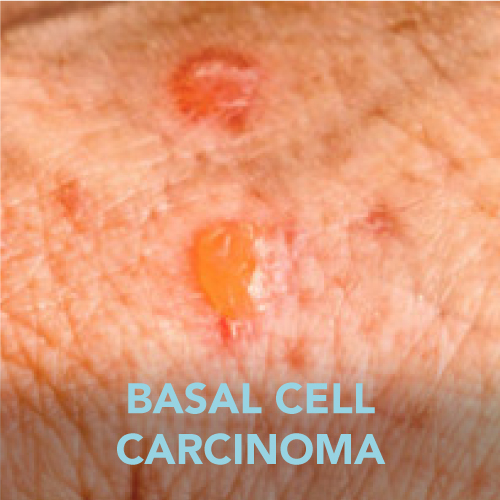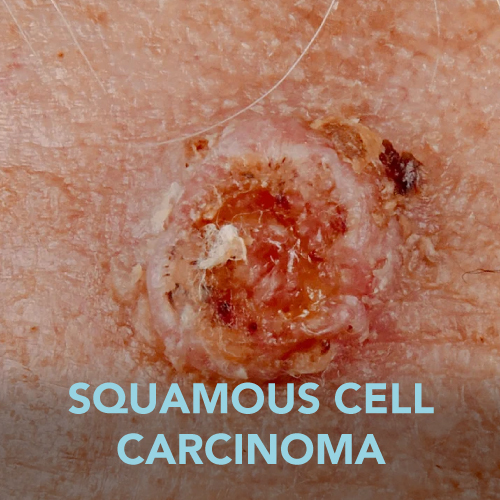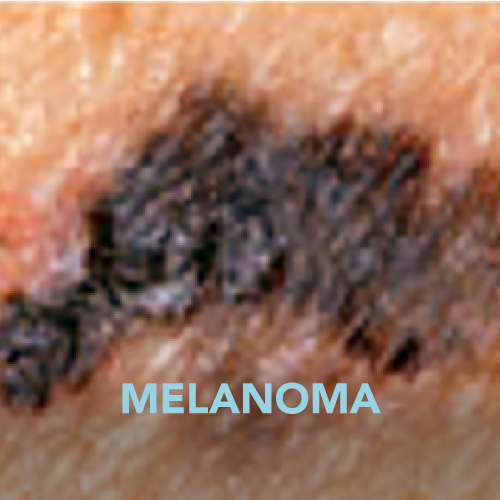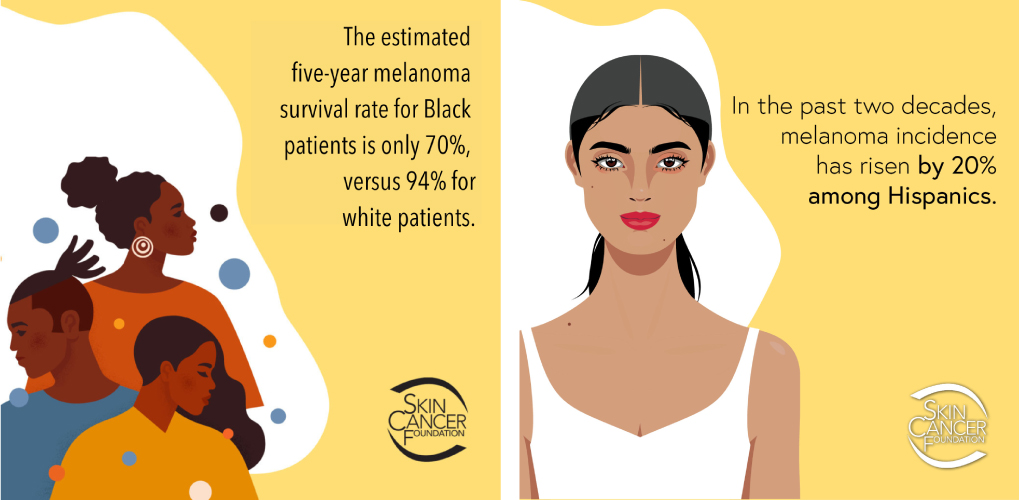As a Mohs surgeon, his aim is not only to cure patients but to guide them through the journey with empathy and understanding. He has seen and understands the emotional and physical toll that skin conditions can take on individuals and their families. Dr. Liu's goal is to ensure that you feel valued and cared for throughout your skin cancer treatment, just like how he would treat a family member.
"I hope to offer patients myself as not only a skilled Mohs surgeon but also a partner in their quest for healing."











